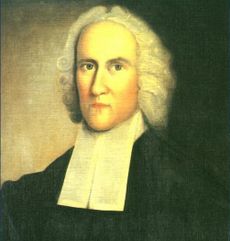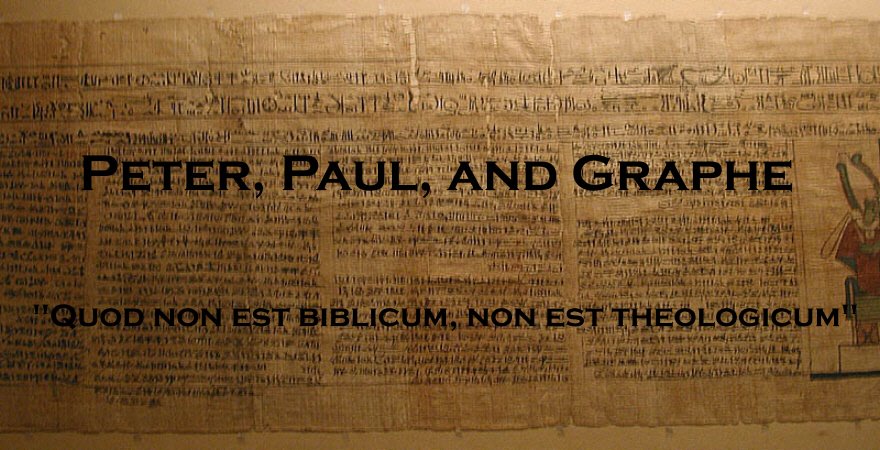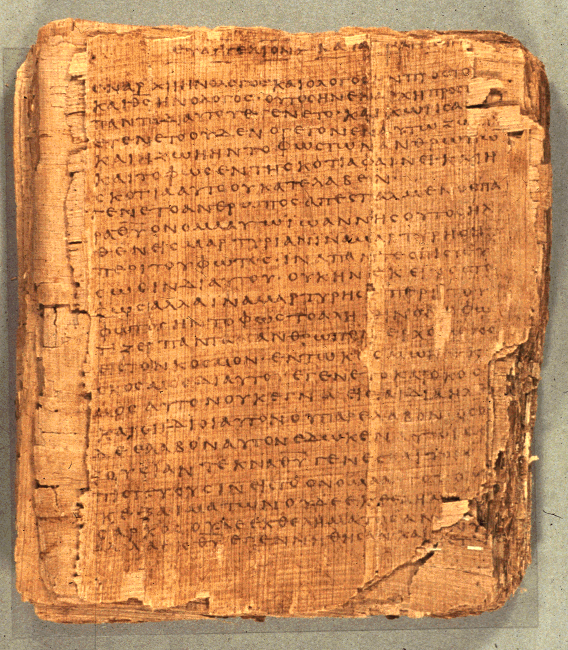 I have contemplated on continuing more on this series, but decided that it might be best to do a quick evaluation and move on to another topic. I have hopes in revisiting Edwards, for I have greatly enjoyed contemplating a great theologian and his work. I have contemplated on continuing more on this series, but decided that it might be best to do a quick evaluation and move on to another topic. I have hopes in revisiting Edwards, for I have greatly enjoyed contemplating a great theologian and his work.
I own this entry to my Church History professor, Dr. Priest. This evaluation was an essay question, and I found his conclusions most helpful. I will attempt to interject and expound on some points that I found helpful.
Strengths:
1. Edwards espoused a strong theocentric theology. If one were to look at the history of Christianity in America, they would see that an anti-Calvinistic sentiment was just over the horizon. B.B. Warfield claims that this anti-Calvinistic sentiment was checked thanks to Edwards, but that it lasted for only a short time (100 yrs) (Studies in Theology, p 532).
2. Edwards pushed further into theology in the field of human nature (i.e. free will, original sin, and morality). While I did disagree with some issues in his studies, he asked/revealed questions that needed consideration. For this, I/we are truly indebted.
3. Edwards successfully and convincingly defended the idea of justification by faith. His work in this area provided a solid source for Christians of that time to see a succinct and understandable rendering of this great doctrine.
4. Edwards espoused a proper understanding of revival in that he placed all things leading up to, events during, and outflow of true revival in the gracious working of God’s plan. This proved to be vital to the understanding of revival versus the revivalism that later infiltrated New England.
Weaknesses:
1. Edwards seemed to confuse the personal identity view of original sin. Unfortunately, the debate of whether Edwards held to mediate or immediate imputation will continue to rage (see Part 2 of this series).
2. Edwards principle of dichotomist ability was an attempt to combat the idea of self-determination that Arminianism had set forth. While I rally with Edwards against such teaching, I pointed out my concerns with this position in previous posts.
3. At times, Edwards line of thought was difficult to follow. Interpreters of Edwards will continue to be befuddled due to the complexity of some of his work. At times, he attempted to solve some of the unsolvable issues in theology (e.g. why did Adam sin?). This ought to be a lesson to us all in that we should write clearly, be simple if at all possible, and leave some of the universe’s seeming problems to the Creator.
4. Finally, Edwards, at times, tended to rationalize and romanticize theology. This is unfortunate, for a proper understanding and application of philosophy and logic are very profitable to theological studies. Edwards at times, tended to impose rationalism unnecessarily upon theological studies.
I do hope that these series of discussion has been helpful to someone. ☺ Edwards has become a hero of mine as I am sure he is to many. I still have much to learn from him and I am excited about that prospect. With that being said, I will now begin contemplating my next topic, which is still undecided. If anyone might have any suggestions, I am willing to entertain them. Much thanks to those who commented and interacted a bit with me on Edwards: I have thoroughly enjoyed it. |





















Comments on "Edwardsean Theology, Part 7: An Evaluation of Edward’s Theology"
post a comment